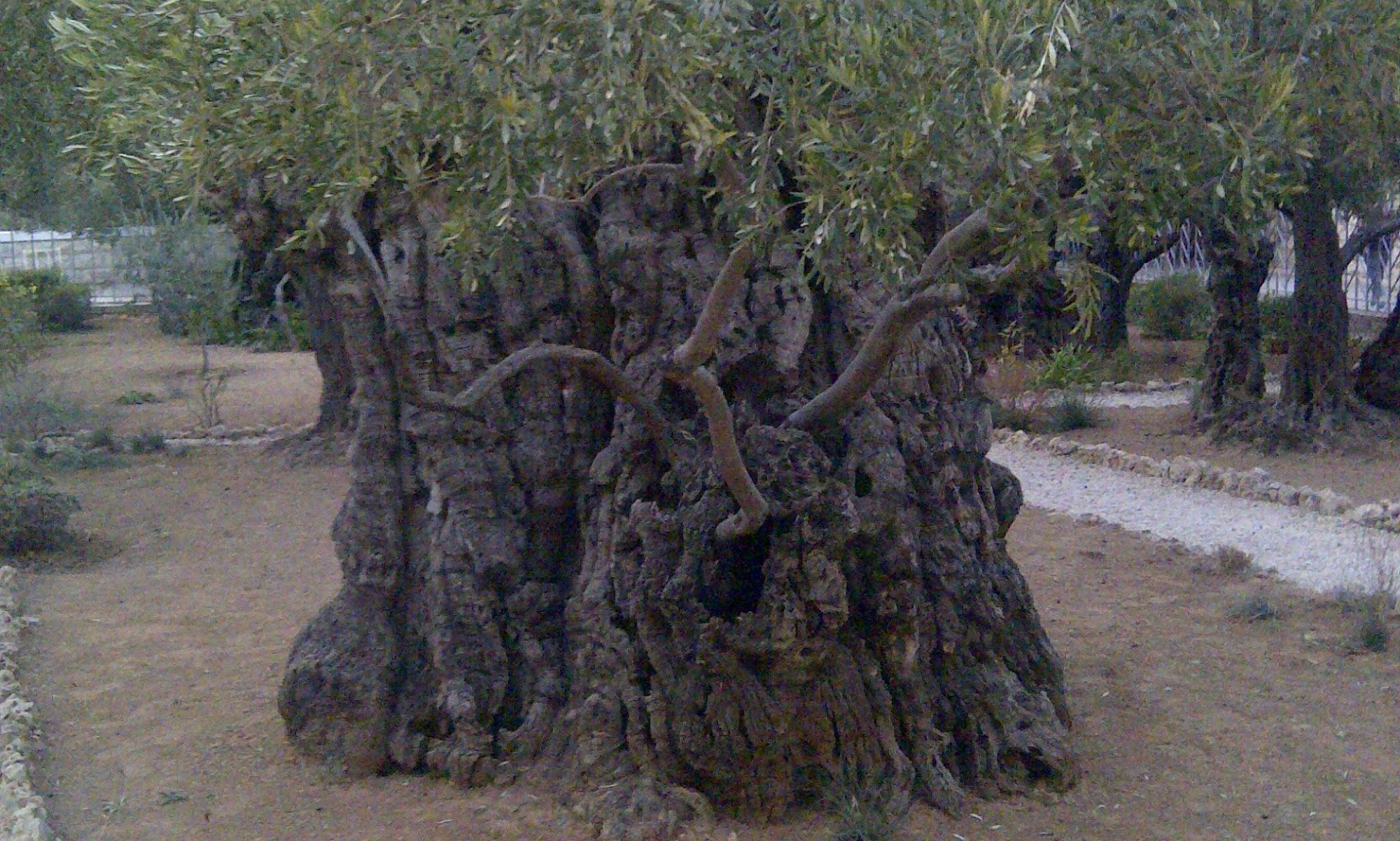On the Fourth Sunday of Advent, this was the title of the message today. Bruce Cook, our minister, introduced us to the origin of the term “Maranatha”. After an exegesis and origin of the term, he described a familiar experience of how many people react when traveling by plane – displaying a variety of reactions of boredom and disinterest. But a child reacts differently. When he enters the plane, he declares that he hopes he can see the pilot, at which point he is ushered in to the cockpit. After meeting the pilot, he returns to the cabin and where for the rest of the trip he exclaims, “I have met the Pilot” and his face is lit up with delight.
Bruce went on to ask, when we come to worship, do we see Jesus – do we expect to see Jesus? Do we display a glowing of the experience in our appearance and our life. Are we busy dying or are we busy living?
For the past decade or more, we have been lamenting the decline of the church, in attendance at worship, financial support, presence of youth, and the closing of churches. It seems to me that we have been too busy dying, instead of getting busy living. If we could become busy with living, there would excitement, hope and activities that reveal the presence of the Kingdom that Jesus talked about.
For me, being busy with living means being active in the community, or the world, working for justice and peace, and finding community with those who are busy with living. For the past year, being part of a network of people who are passionate about advocating for justice and peace in Palestine and Israel has given me the experience of being busy with living.
In this season when we celebrate with expectation the coming of Jesus, we might ask ourselves if we have seen the Pilot. Maranatha is the church word for living with hope in the Kingdom, that is both present and in the future. Come, Lord Jesus, come. May this Christmas be a time when you can say Maranatha and welcome the Prince of Peace into your heart – and begin to be busy with living.
